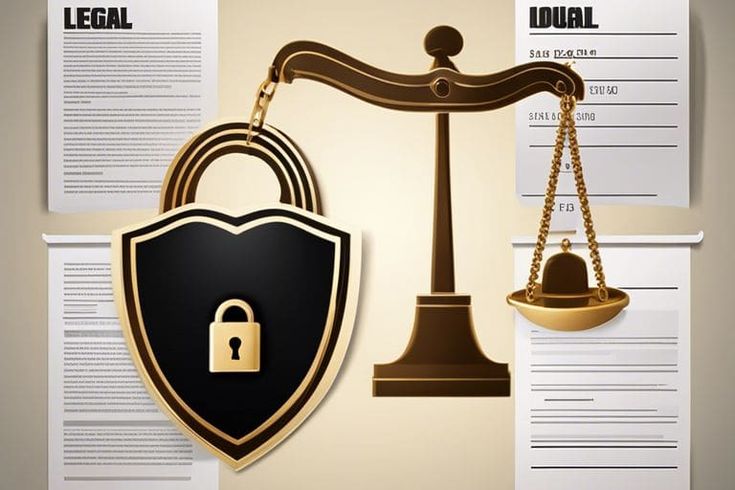Everything You Need to Know About the Saudi Anti-Cybercrime Law

In today’s digital age, cybercrimes have become one of the most serious threats facing individuals and businesses alike. To protect national cybersecurity and digital infrastructure, the Kingdom of Saudi Arabia has enacted the Anti-Cybercrime Law, providing a comprehensive legal framework to combat various forms of cyber offenses. This article outlines the key features of the law, common types of cybercrimes, penalties, and how to protect yourself or your company.
What Is the Anti-Cybercrime Law?
The Saudi Anti-Cybercrime Law, issued by Royal Decree No. M/17 dated 8/3/1428H (2007), aims to:
-
Reduce electronic crimes in the Kingdom
-
Protect both personal and institutional data
-
Regulate electronic transactions and digital signatures
-
Strengthen cybersecurity across all sectors
It is considered one of the most important legislative efforts in the region to address modern digital threats.
Common Cybercrimes Covered by the Law
The law criminalizes several types of electronic offenses, including:
-
Unauthorized Access or System Intrusion
Illegal access to public or private websites or systems, especially if it compromises sensitive data or national security, is punishable under the law. -
Online Defamation and Blackmail
This includes publishing photos, videos, or personal data to damage someone’s reputation or force them to act under pressure. For more information, see the online defamation penalties on the Saudi e-Government Portal. -
Electronic Financial Fraud
Creating fake websites or phishing emails to steal credit card information or financial credentials is a serious offense. -
Violation of Privacy
Spying on others’ devices, recording private conversations, or taking photos without consent is a clear breach of privacy. -
Spreading Malicious Software
Sending viruses, malware, or harmful links that damage or control user devices is prohibited.
Penalties Under the Law
The Saudi Anti-Cybercrime Law imposes strict penalties, which vary depending on the nature and severity of the offense:
-
Imprisonment: Up to 10 years for major violations such as extortion, financial fraud, or hacking government systems
-
Financial Fines: Up to SAR 5 million for certain crimes
-
Confiscation of all devices and tools used in committing the offense
-
Public announcement of verdicts in serious cases, as a deterrent to others
For full legal details, visit the official Bureau of Experts at the Council of Ministers portal.
How to Protect Yourself or Your Business from Cybercrimes
To minimize the risk of falling victim to cyberattacks, consider these best practices:
-
Use licensed, up-to-date cybersecurity software across all devices
-
Enable two-factor authentication (2FA) for sensitive accounts and corporate systems
-
Avoid sharing personal or confidential information online
-
Refrain from clicking on suspicious links or unknown attachments
-
Verify the authenticity of websites before entering any financial data
-
Train employees in basic cybersecurity awareness and response protocols
Proactive awareness is one of the most effective defenses against cyberthreats.
What to Do if You Become a Victim of Cybercrime
If you experience a cybercrime incident, act quickly by:
-
Reporting it through the “كلنا امن” mobile app or via the Absher platform
-
Preserving all evidence such as screenshots, messages, and timestamps
-
Consulting a lawyer specialized in cybercrime to file a formal complaint or lawsuit
-
Avoiding direct engagement with the attacker or blackmailer; instead, follow legal procedures calmly
Timely action increases the chance of recovering your rights and limiting potential damage.
The Saudi Anti-Cybercrime Law offers robust legal protection against a wide range of digital offenses. As digital dependency grows in both personal and professional spheres, it is vital to adhere to cybersecurity best practices and legal obligations. Legal and technical awareness remains the most effective tool for confronting electronic threats safely and efficiently.





Comments